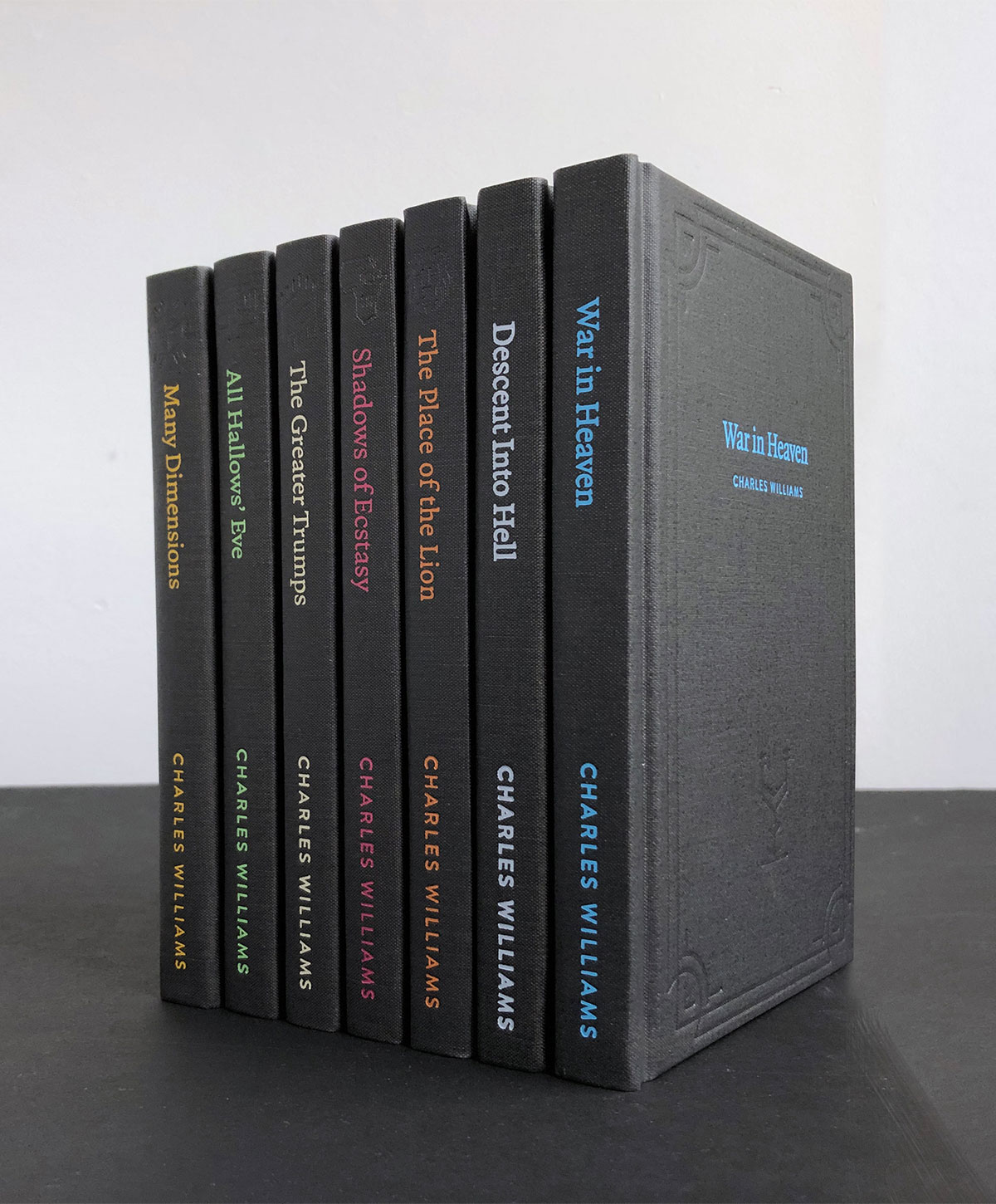Williams’s mature poetry, apart from his plays, is set against the background of the Arthurian legends, adapted for his own purposes. (For example, Arthur’s kingdom of Logres, and indeed most of Europe, are seen as part of the Byzantine Empire.) The main figure in most of the poems is Taliessin, a semi-legendary Welsh bard, here depicted as poet, councillor, soldier and commentator at the court of Arthur. To give a taste both of Williams’s style and of his “mythologyâ€, here is his poem Taliessin’s Return to Logres.Taliessin has been to Byzantium, the seat of the Emperor; and the Emperor, said Williams “is God-in-operation or God-as-known-by-manâ€. Now he returns home, to join the new King, Arthur.
The seas were left behind;
in a harbour of Logres
lightly I came to land
under a roaring wind
Strained were the golden sails,
the masts of the galley creaked
as it rode for the Golden Horn
and I for the hills of Wales
In a train of golden cars
the Emperor went above,
for over me in my riding
shot seven golden stars,
as if while the great oaks stood,
straining, creaking around,
seven times the golden sickle
flashed in the Druid wood.
Covered on my back,
untouched, my harp had hung;
its notes sprang to sound
as I took the blindfold track,
the road that runs from tales,
through the darkness where Circe’s son
sings to the truants of towns
in a forest of nightingales.
The beast ran in the wood
that had lost the man’s mind;
on a path harder than death
spectral shapes stood
propped against trees;
they gazed as I rode by;
fast after me poured
the light of flooding seas.
But I was Druid-sprung;
I cast my heart in the way;
all the Mercy I called
to give courage to my tongue.
As I came by Broceliande
a diagram played in the night,
where either the golden sickle
flashed, or a signalling hand.
Away on the southern seas
was the creaking of the mast;
beyond the Roman road
was the creaking of the trees.
Beyond the farms and the fallows
the sickle of a golden arm
that gathered fate in the forest
in a stretched palm caught the hallows
At the falling of the first
chaos behind me checked;
at the falling of the second the wood showed the worst;
at the falling of the third
I had come to the king’s camp;
the harp on my back
syllabled the signal word.
I saw a Druid light
burn through the Druid hills,
as the hooves of King Arthur’s horse
rounded me in the night.
I heard the running of flame
faster than fast through Logres
into the camp by the hazels I Taliessin came.


